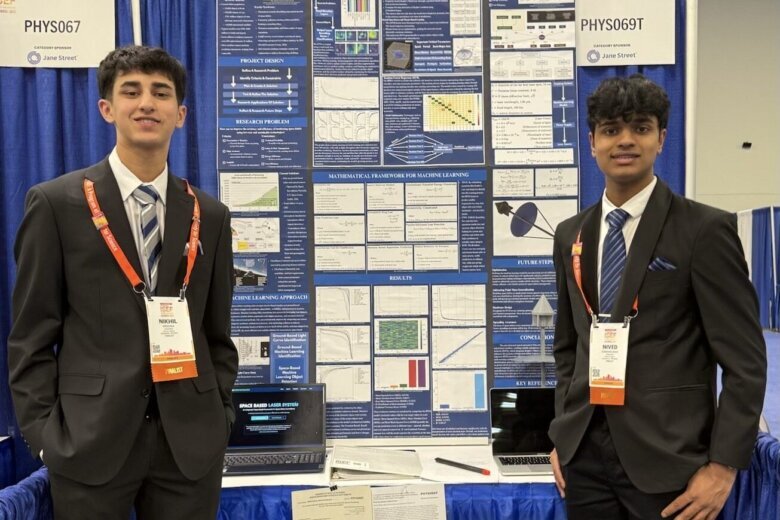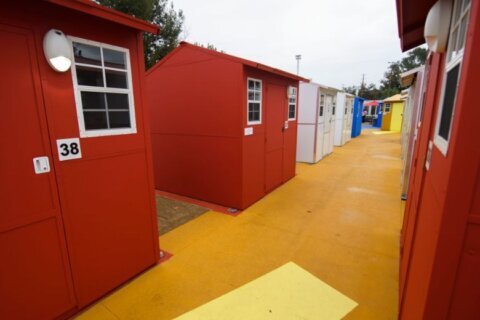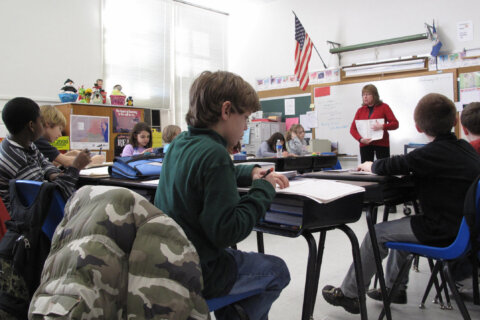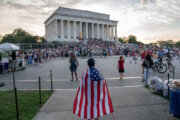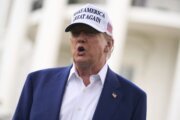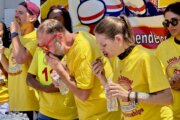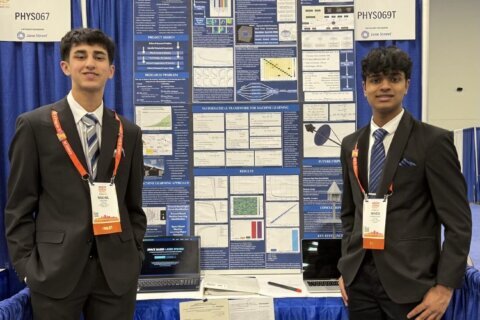
Concerned about the growing amount of space debris, two Virginia students are launching a new way to try and monitor it.
Nikhil Krishna and Nived Nandakumar, who live in Loudoun County and attend Thomas Jefferson High School for Science and Technology, are using three machine learning models to monitor space debris. Machine learning is a type of artificial intelligence.
Their efforts come in response to what they described as an amount of space debris that is threatening the future of the space industry.
“Right now, in the atmosphere, in Low Earth Orbit specifically and above, there are millions of pieces of debris ranging in a variety of sizes, some as small as 1 millimeter and some greater than 10 centimeters in size,” Nandakumar said.
The pieces of space debris, Nandakumar said, cause damage to existing technology in space. For instance, he said, there are holes in the International Space Station from space debris, and “the more we send up into space, the more the content of debris grows in space.”
Many of the current approaches to tracking the debris can’t monitor the smallest pieces, specifically the ones less than 5 centimeters, Krishna said, adding the reason for that is “atmosphere distortions” when measuring from the ground.
So, the pair is using three machine learning models to address that limitation. Debris can be identified with a model, its trajectory can be predicted with a second model and a third model can determine how likely it is to collide with a space satellite.
“It’s a lot more time consuming and a lot more resources have to be put into like monitoring all these tiny pieces of debris,” Krishna said. “That’s where the machine learning comes into place, because we don’t have to be consistently monitoring all of these debris, but we can make predictions on where they’ll be, how likely they are to collide with an existing object.”
As an extended part of the project, Krishna said they proposed eliminating space debris using a space-based laser system. That process would involve “beaming a laser at a small portion of debris,” Krishna said.
The project earned them first place in the physics and astronomy category of the regional science fair. They also secured first place in their category in the Virginia state fair, Krishna said.
“One thing we want to focus on is bringing more awareness to this issue, because a lot of the general public is still kind of unaware of how big of an issue space debris is,” Nandakumar said.
To address that, they’re hoping to publish their work in a journal.
Get breaking news and daily headlines delivered to your email inbox by signing up here.
© 2025 WTOP. All Rights Reserved. This website is not intended for users located within the European Economic Area.

